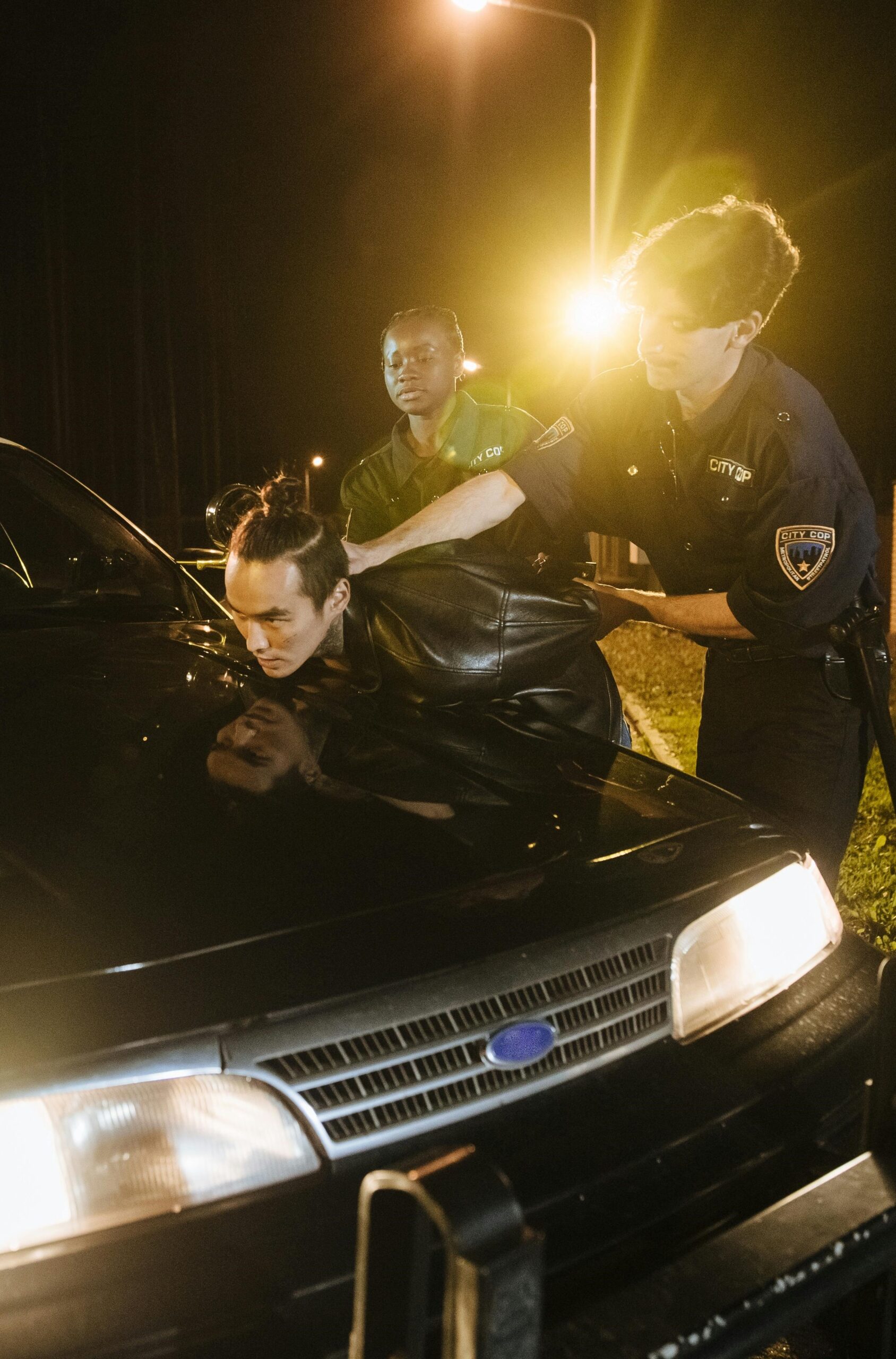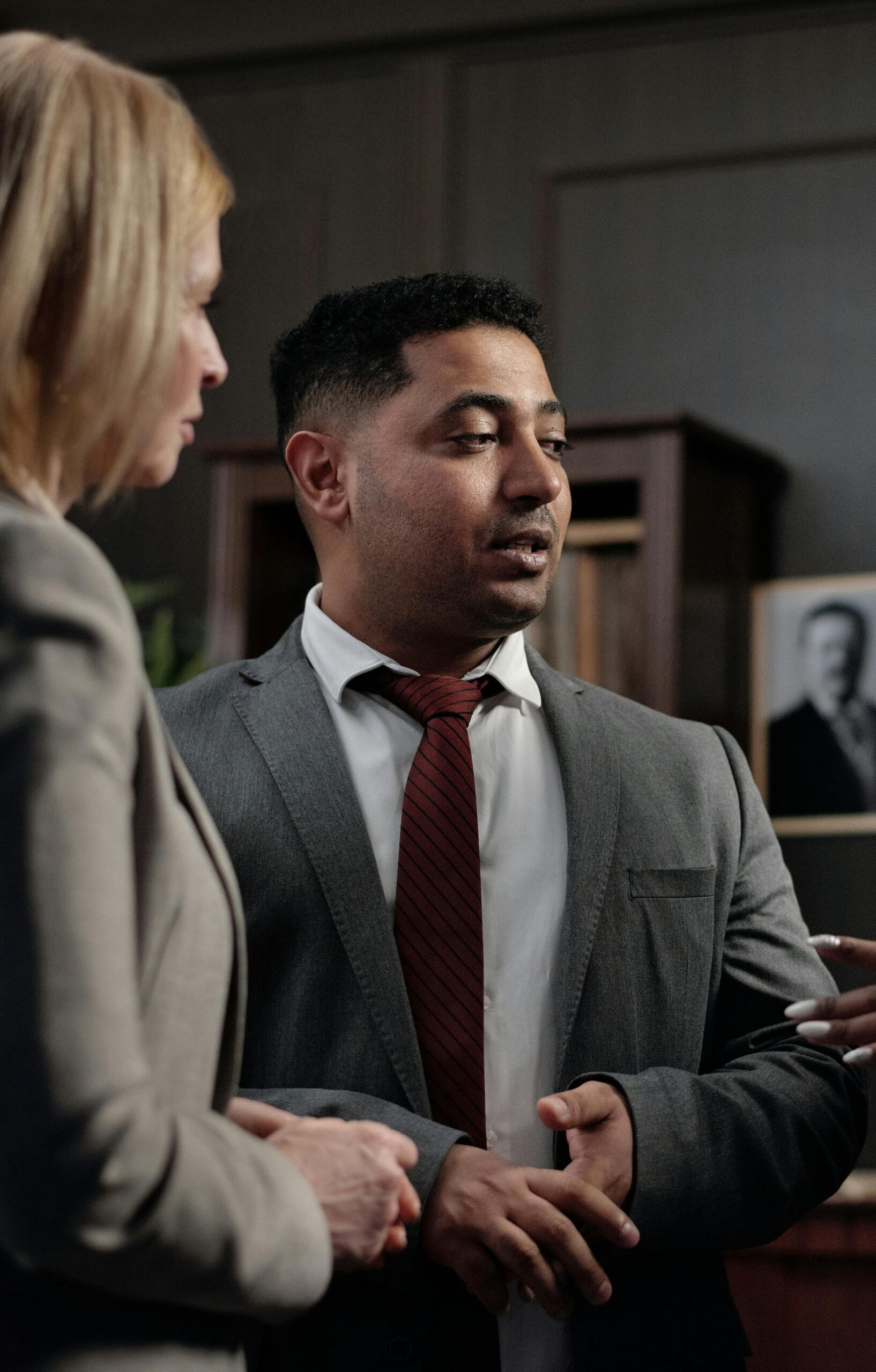Witnessing police abuse or brutality is a serious situation that requires careful handling to ensure your safety and the protection of your rights. Here’s a guide on what to do if you find yourself in this situation:
During the Incident
Ensure Your Safety
Prioritize your safety and the safety of others around you. Keep a safe distance from the incident to avoid escalating tensions.
Record the Incident
You have a right to record as long as you are in a public place and not interfering with police duties. Stay calm and do not interfere with the police officers or obstruct their actions.
Confiscation
Police officers cannot confiscate or view your video footage without a warrant or your consent. If an officer requests that you stop recording or hand over your device, you should remind him that taking a video is your First Amendment right.

After the Incident
Document Details
Note down any important details such as the time, location, names or badge numbers of officers involved, the victim, and any witnesses present.
Share Responsibly
Consider sharing the video with trusted individuals, civil rights organizations, or legal experts who can provide support and guidance.
File a Complaint
Contact the police department’s internal affairs division or civilian complaint board to file a formal complaint, providing your video footage and any documented details as evidence.
Seek Legal Advice
Consult with a civil rights attorney and discuss your options with them and the victim for pursuing legal action or seeking justice.

